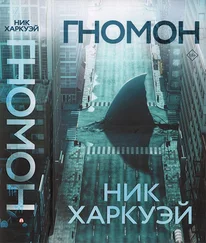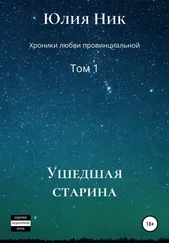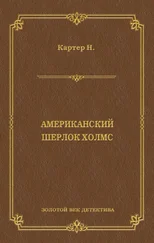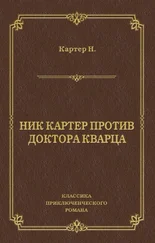But instead he said: ‘It was too quick.’
The congregation nodded, and gentle hands pushed him forward towards the grave. This couldn’t be right. What about the rest of Shola’s family? But they were over there in a huddle, mourning and brave. They were waiting for him to go ahead of them, had appointed him to show the way. To sergeant for them, and that, at least, was something he understood. He walked to the graveside and looked around for a decent bit of earth. There was too much dust. He wanted loam. He scratched hopelessly, felt his fingernails bend.
There was a small noise, a scuffing of feet on dry ground. From the back of the crowd the boy emerged, head up, chin jutting. He was labouring under the weight of a terracotta pot, which he carried the way Winnie the Pooh carries honey, with both arms wrapped around it in a hug. The people made way for him slowly, as if, in contrast to their decision about the Sergeant, they somehow blamed him for Shola’s death. Perhaps he was an orphan after all; some Mancreu folk believed orphans were bad luck. Perhaps he was just alive when Shola was dead.
The boy drew up alongside him, and the Sergeant saw that the pot was full of rich, black earth. The boy’s hands were grazed and scratched. He had dug this himself, the Sergeant understood, without tools, and from the look of the soil he had got it from the high mountainsides. He had been up early for his digging, and he had lugged his benediction here all alone for what must be miles and put it in this fine pot, and now he was standing almost at attention, because this was Shola’s coffin with Shola’s body in it, and it was the right thing.
Gratefully, the Sergeant drove both hands into the pot, and flung a huge load over the coffin, and then another and another. The world flickered and shifted, and he found that he had thrown it all, that his knuckles were raw from rubbing against the clay. He realised he must have stood there for five minutes, heaving soil over the straw coffin, while the family waited patiently and everyone watched.
‘I’m sorry,’ he said. ‘I’m sorry.’ He looked down into the grave, wondering if he should scoop some back out for others to give. Sanity prevailed.
The family lined up and threw in the grey dust of the cemetery on top of his rich earth, and then the gravediggers came and filled in the rest very quickly. Finally, Tom spoke. He said that Shola had been a boxer. When a boxer dies, Tom said, they ring the fight bell nine times, and the dead man departs this world when the last whisper of the bell fades away. And then he did it, banging a drumstick against the mushroom-shaped brass bell from the Beauville club. One, two, three, four, five, six, seven, eight, nine. The ninth echoed, and the bell sang on and on, the metal holding the vibration an impossibly long time. And then it was done.
Shola was gone.
The Sergeant’s intention, when the funeral was over, had been to take the boy for a quiet walk and discuss with him everything that had happened, as he would have with any young man who had just seen close combat and casualties for the first time. He didn’t have the chance, though, because Dirac the Frenchman and Beneseffe the Portmaster scooped them up, and Tom opened the café in his cousin’s honour, just for the afternoon, so that they could sit and be there. Someone had cleaned the place, planed the wooden floor where Shola had died so that they would not walk on his blood. Tom stood on the third step so that everyone could see him and thanked them for coming, and he stayed there so that any time anyone looked up, expecting out of habit to see Shola, they caught his eye, and shared a moment with him, and the hole in the world was known and acknowledged.
In a corner the Sergeant saw Dr Inoue, and she raised her glass – whisky, of course – in salute and approbation. Inoue’s face was remarkable, he thought. It could convey volumes. I’m sad that he is dead, and I know that so are you. I am pleased that you are alive, and I know how hard you tried. I know what you would have wished. I am here. So are you. It is all there is . And of course, in that briefest and softest of twitches at the corner of her mouth: my whisky is your whisky, if you should need it . He smiled back, inclined his head as if receiving a medal, and waited until she turned away. When she did, he felt a weight settle on him, as if she had briefly shared with him the burden of the room.
As the wake went on, the Sergeant made one attempt to take the boy to one side, only to be blocked by Dirac and to realise, belatedly and with some gratitude, that Dirac was taking the sergeant’s role with respect to them both, and that he, Lester Ferris, was himself a man who had just seen combat when he’d been posted out of the line for fear that he wasn’t ready for it yet, who had lost a trooper and might need a bit of looking after.
Dirac was his direct equivalent only up to a point. He was a commissioned officer, a major, but one who knew his job. He was a bit older than Lester, and considerably boozier. His notional title was ‘envoy’, which meant exactly what it said: he had been sent to Mancreu, and there was a strong sense that he was to stay here until he had atoned for his sins. Dirac was an old Legion hand, trained in Guyana in the jungle and seasoned in Mozambique and Algeria. His skin was a weathered tegument the colour of cigars. He had the distinction of having been given three medals and demoted as a consequence of a single incident.
It had been a perfectly simple diplomatic escort job in North Africa, and with an inevitability which spoke to any modern soldier it had gone wrong from the beginning. The political mission was contradictory and insincere, which is fine until you make it the basis for a military deployment. As soon as you involve a professional soldiery, you have to be honest with yourself about your motives. The logic of armed conflict does not read between the lines. In politics, deaths happen incrementally, as a result of bad healthcare and debt. In war, on the other hand, death starts happening when you show up and continues after you leave. Death is not a side effect, and even if you refuse to count the dead they still pile up, and the people who loved them won’t forget: not their names nor how they came to die.
So here was Dirac in some crisis camp at the end of some valley, and here were the precious VIPs who were his flock, and the overworked and desperate doctors they were pressing the flesh with, and there was the press pack from around the world. All along the dry riverbed were the refugees in their hundreds of thousands, carrying their entire lives in a few bags. They were running pell-mell from a man called Gervaise and his militia, the Dogs of the Pure Christ, a hard bunch who’d seen what was happening in Rwanda and Congo and decided they liked it. The camp had a lot of French, Swiss and US nationals in it, so it was under the wing of the UN and had a token guard. The UN couldn’t get up speed for a full-on peacekeeping force, though, because a land war in Africa against an embedded enemy wasn’t anything the big powers wanted any part of. Dirac’s job was to escort the VIPs in and bring them back unscathed. He’d been armed accordingly: light weaponry, no big guns and definitely no air support. This was a humanitarian mission, which today meant for God’s sake don’t do anything humanitarian. The Dogs of the Pure Christ could read a newspaper and they knew the score too: kill who you like as long as you restrict yourself to your own. The camp was out of bounds – but the refugees trying to get to it were fair game.
The Dogs arrived on the third day of Dirac’s mission; a few hundred of them, with mobile artillery. They were very careful. They didn’t fire on the UN tents. They lined the ridges along the valley and glowered down at the pathetic worm of suffering below. It made great television, really pointed up the issues. And every night, while the VIPs were talking sincerely to the press pack, the Dogs lobbed shells down into the valley floor and cut the refugees to pieces.
Читать дальше
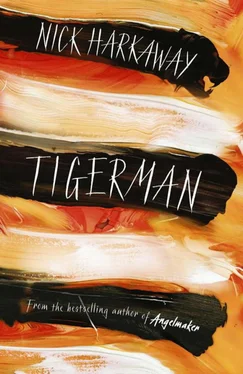
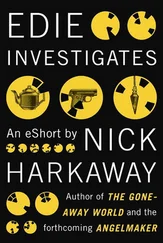
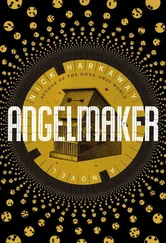
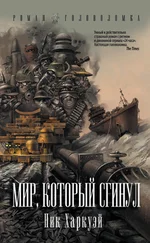

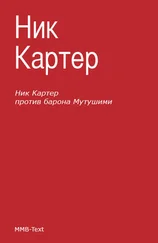
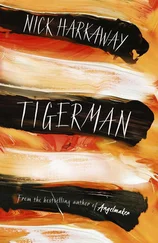
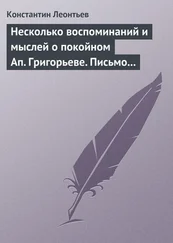
![Ник Харкуэй - Гномон [litres]](/books/400023/nik-harkuej-gnomon-litres-thumb.webp)
